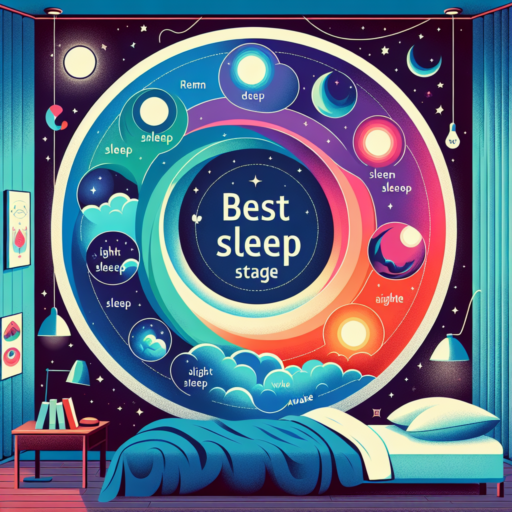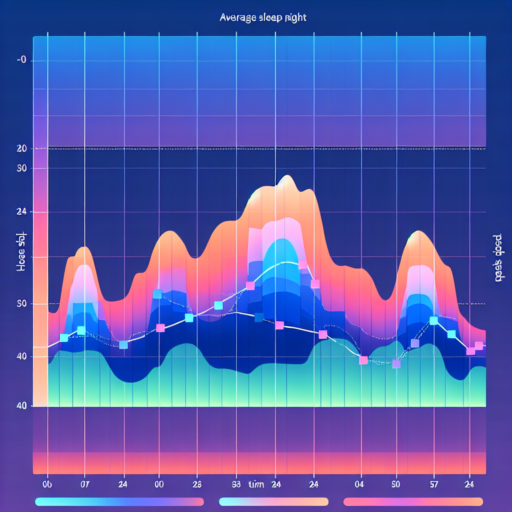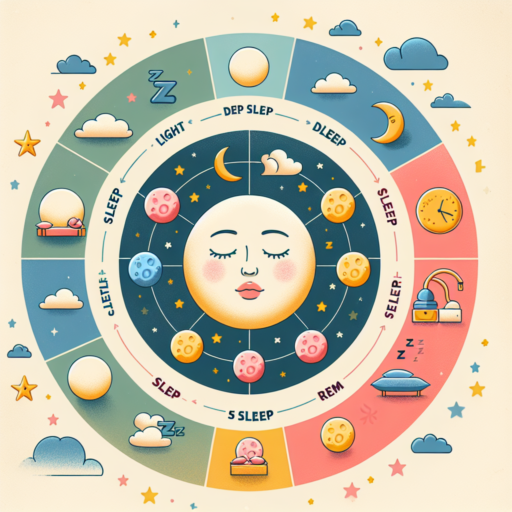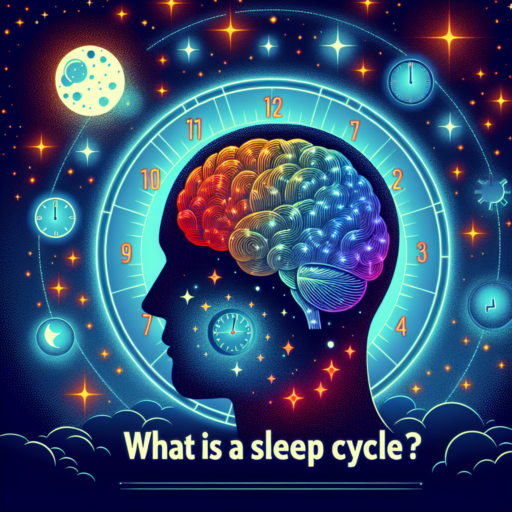No se han encontrado productos.
What is better, REM or deep sleep?
Comparing REM (Rapid Eye Movement) and deep sleep stages is like weighing the importance of two vital organs; both are indispensable for optimal health and well-being. The debate on which sleep phase is better hinges upon understanding their unique roles and benefits. REM sleep is chiefly associated with the processing of emotions, consolidation of memories, and creativity. In contrast, deep sleep, or the slow-wave sleep, is crucial for physical recovery, hormone regulation, and immune system restoration. Each phase occupies a significant role in the sleep cycle, performing functions that the other cannot compensate for.
During REM sleep, the brain is almost as active as it is while awake, facilitating complex processes that underpin learning and memory. Dreaming occurs predominantly during this stage, acting as a mechanism for emotional regulation and problem-solving. It’s in the REM stage that the mind solidifies connections between unrelated ideas, contributing to enhanced creativity and innovation. In essence, REM sleep could be considered better for cognitive and emotional health, emphasizing its importance in our daily functioning and mental health.
Conversely, deep sleep plays a pivotal role in physical health and recovery. It’s during this stage that the body repairs tissues, builds bone and muscle, and strengthens the immune system. Growth hormone, which is essential for growth and development, muscle mass, and cell repair, is primarily released during deep sleep. This phase allows the body to recuperate from the physical demands of the day, making deep sleep potentially more beneficial for physical recovery and growth.
How many hours of REM sleep do you need?
Understanding the importance of REM sleep is crucial for overall health and well-being. REM sleep, or Rapid Eye Movement sleep, is a stage of sleep characterized by the movement of the eyes, increased brain activity, and dreaming. It plays a vital role in emotional regulation and memory consolidation. But the question arises, how many hours of REM sleep do you actually need?
Generally, adults require approximately 7-9 hours of sleep per night, with REM sleep constituting about 20-25% of that time. This equates to roughly 90-120 minutes of REM sleep each night. However, the need for REM sleep can vary from person to person depending on various factors such as age, lifestyle, and overall health.
For instance, newborns and infants spend a much larger portion of their sleep in the REM stage, necessitating up to 50% of their sleep being REM for proper brain development. As people age, the percentage of REM sleep tends to decrease. This reduction in REM sleep reflects changes in sleeping patterns and the natural aging process of the brain. Therefore, monitoring the quality of your sleep and ensuring you get enough REM sleep is essential for maintaining mental and physical health.
What is the hardest stage of sleep?
Understanding the complexities of sleep involves delving into its various stages, each with its unique characteristics and functions. Among these, the stage often considered the hardest to awaken from is the rapid eye movement (REM) sleep. This phase is characterized by increased brain activity, vivid dreams, and temporary muscle paralysis, which collectively create a state of deep unconsciousness that can be difficult to interrupt.
Diving further into the specifics of REM sleep, it typically begins about 90 minutes after falling asleep. It’s during this stage that the sleeper experiences the most vivid dreams. The body goes through several rounds of REM sleep each night, with each cycle increasing in duration. Interestingly, the reason REM sleep is often recognized as the hardest stage to wake someone from lies in its paradoxical nature: despite the sleeper’s brain exhibiting activity levels similar to wakefulness, the body remains in a deeply relaxed state, with muscle atonia preventing the enactment of dreams.
An additional aspect to consider is the role of REM sleep in emotional and cognitive processes. Studies suggest that this stage is crucial for memory consolidation, learning, and emotional regulation, making it a fundamental component of the sleep cycle. However, this underscores the importance of uninterrupted REM sleep, as disturbances during this critical phase can lead to cognitive deficits and mood disturbances.
Is a lot of REM sleep good?
The question of whether a lot of REM (Rapid Eye Movement) sleep is good has intrigued sleep researchers and everyday individuals alike. REM sleep, characterized by rapid movement of the eyes, low muscle tone throughout the body, and the propensity of the sleeper to dream vividly, is a crucial part of the sleep cycle. Understanding its role and optimal quantity is essential for enhancing overall sleep quality and, consequentially, daytime functioning.
During REM sleep, the brain is almost as active as it is when you are awake. This stage of sleep is associated with processing emotions, consolidating memories, and facilitating learning and creativity. Hence, ensuring an adequate amount of REM sleep can be beneficial for both mental and emotional health. However, like anything, too much of it might not always be advantageous. The optimal amount of REM sleep varies from person to person and depends on several factors, including age, stress levels, and general health.
Optimal REM Sleep Duration
Experts suggest that REM sleep should constitute approximately 20-25% of an adult’s sleep cycle, which translates to around 90-120 minutes of REM sleep per night. This amount is deemed sufficient for most adults to reap the benefits of REM sleep, such as improved mood, enhanced cognitive functions, and better memory consolidation. Nevertheless, exceeding this duration significantly or consistently having a higher proportion of REM sleep might indicate underlying health issues or disrupt the balance of the sleep cycle.




